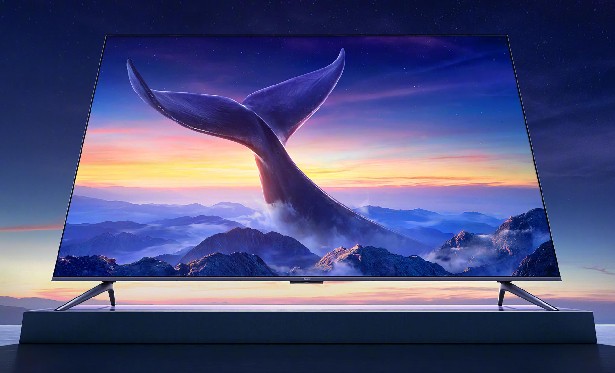85-inch Redmi Max 2025 TV with 4K, 120 Hz and HyperOS costs from $670
12.09.24
Xiaomi has introduced the new 85-inch Redmi Max 2025 TV, which has an impressive set of features for modern home entertainment. The TV is equipped with a 4K display with a resolution of 3840×2160 pixels and a refresh rate of 120 Hz, which provides a smooth image, especially in game modes. MEMC technology compensates for motion blur, improving video quality even at 60 Hz.
Color calibration has an accuracy of ΔE≈2, which provides a bright and realistic picture with support for 1.07 billion shades. Inside the device is a quad-core processor supported by 3GB of RAM and 64GB of built-in storage, which allows the device to run fast and support multitasking.
The TV also supports Wi-Fi 6, offering a stable and fast connection to the Internet, and the integrated Xiao Ai smart assistant based on the HyperOS operating system allows you to use voice commands to control the device.
The audio system consists of two 10W stereo speakers with DTS support, which improves sound quality. The design of the device with a metal frame looks elegant, and the screen-to-body ratio reaches 98%. The connectors include two HDMI ports, two USB ports, Ethernet and Bluetooth 5.2.
This TV is already available for pre-order in China at a price of around $662.
Don't miss interesting news
Subscribe to our channels and read announcements of high-tech news, tes
Oppo A6 Pro smartphone review: ambitious

Creating new mid-range smartphones is no easy task. Manufacturers have to balance performance, camera capabilities, displays, and the overall cost impact of each component. How the new Oppo A6 Pro balances these factors is discussed in our review.
Oppo Reno 15 5G smartphone review: confident

The Oppo Reno15 smartphone emphasizes design, a high-quality display, versatile cameras, and good battery life. Let’s take a closer look.
Garmin has released a major update for 5 smartwatches Garmin smart watches update
Garmin has announced a major software update for several smartwatch models at once. The update has already started rolling out to the Garmin Venu X1, Garmin vívoactive 6, Garmin fēnix 8 Pro, Garmin Forerunner 570 and Garmin Forerunner 970.
Micron releases 3GB GDDR7 memory chips Micron ram videocard
Micron Technology officially announces the launch of new GDDR7 memory chips with a capacity of 3 GB. This is 50% more compared to the usual 2 GB modules


